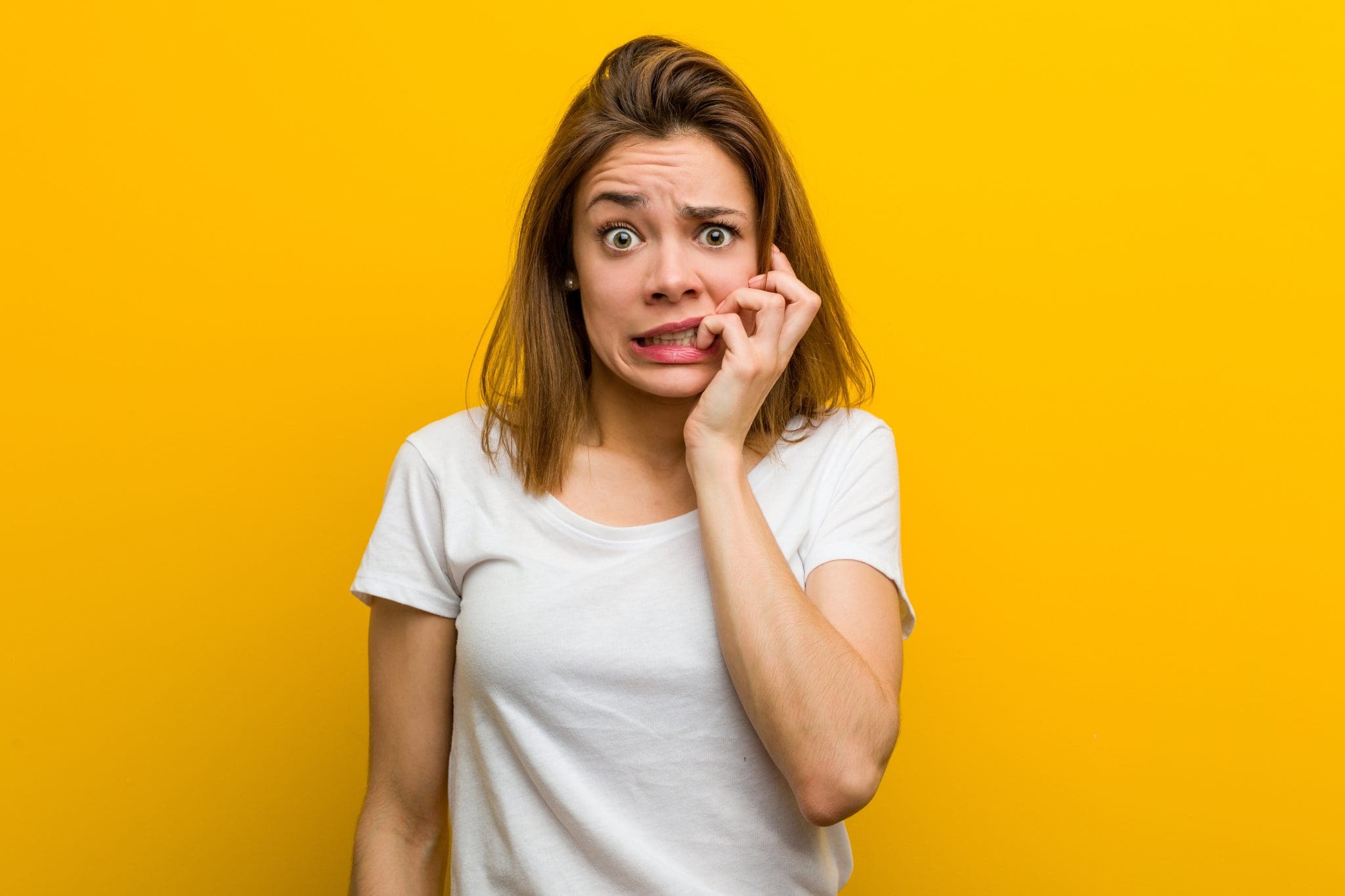Full Disclosure: Clicking on these links could mean a tiny commission for me, at no extra cost to you.
Anxiety can come from a lot of sources; it can be situational, such as stress about world events, or it may be part of an underlying issue that you need to address through therapy and a healthful lifestyle. However, one thing is very clear: you need all the help you can get to conquer your anxiety and maintain both physical and mental well-being. The mind-body connection is very real: when we’re not feeling well physically, it can contribute to anxiety, while dealing with anxiety can also leave us feeling drained and sore. This is why it’s critical that you consider all the ways that you can take care of both your body and mind when you’re stressed. Today, we’ll investigate some of the most important ways that you can maintain an active, positive lifestyle as you work to develop a calm and carefree mindset.

Prioritize Sleep
Our society really seems to demonize sleep, but it’s such an important component of feeling our best. We’re told that downtime equals wasted opportunities; people talk proudly of the fact that they are able to function on only four hours of sleep, despite the fact that a lack of sleep leads to serious effects on your body’s overall well-being. Some problems caused by sleep deprivation include brain fog, agitation, and, yes, anxiety.
During sleep, our body regenerates; our mind works through our day and makes new connections between neurons; and we digest the food we’ve eaten to absorb nutrients. Far from being a waste of time, sleeping is one of the most important things you do in a day – and a vital part of reducing your everyday stress.
Create a strong wind-down routine filled with relaxing activities. Turn off your electronics at least an hour before bedtime; you may consider investing in a digital clock rather than using your phone as an alarm to resist the temptation to peek at it when you’re supposed to be relaxing. Fill this time with calming activities, such as writing in a gratitude journal, reading a very light novel, or doing yoga. Be sure to make your bed a very comfortable – and electronics-free – space so that you look forward to jumping under the covers every night, sure you’ll have great dreams.
Stick to Routines
Many of us really struggle to keep a good routine, especially if we’re dealing with mental health challenges. It can be hard to drag yourself out of bed at the same time, go to bed at a reasonable hour, or even brush your teeth on a regular basis when you’re dealing with anxiety, but it’s a vital element of being your best self. Routines can also provide a sense of comfort, as you know what you’re supposed to be doing when, and this can help quell an unsettled mind.
One of the best things you can do for yourself is begin to build a steady routine. Start small: drastic changes rarely stick, as you’ll return to what’s comfortable to you. For example, you may work on your sleep schedule by committing to a strict bedtime and wind-down routine, then develop a small morning routine like doing light stretches when you first wake up. Build off your successes and develop a plan for times when you need to deviate from your routine so that you can get back to your healthful habits.
Having a planner can help you develop and stick to a routine. In fact, various studies show that by simply writing down your goals such as your daily tasks can increase the likelihood of achieving them by 42%.
Buy Now: Available on Amazon
Emphasize Nutrition
When we’re anxious, we tend to reach for whatever is convenient, not necessarily what’s good for us. You might feel better in the moment when you munch on that chocolate bar, but over the long term, poor nutrition can leave you feeling drained and unhappy.
While you’re developing a health-friendly lifestyle, be sure to think carefully about what you put in your body. Perform an assessment of your diet and think about what you might be lacking. Research the effects of the different foods you eat and their nutritional benefits in order to identify whether they’re making you feel better or contributing to your unease.
Supplements are a good way to ensure you’re getting the nutrients you might be missing; for example, calcium supplements contain calcium, Vitamin D, and magnesium, which support strong bones and overall well-being. This is especially true for older women and vegans, who might need supplemental calcium due to their body’s needs or their diet.
Anxiety is a complex issue with both social and lifestyle factors, but focusing on good sleep, good routines, and good nutrition can make it much easier to feel positive and in control of your life. Be kind to yourself and build toward whole-body wellness, and you might find that in a year from now, you feel far more confident and able to face the world.








